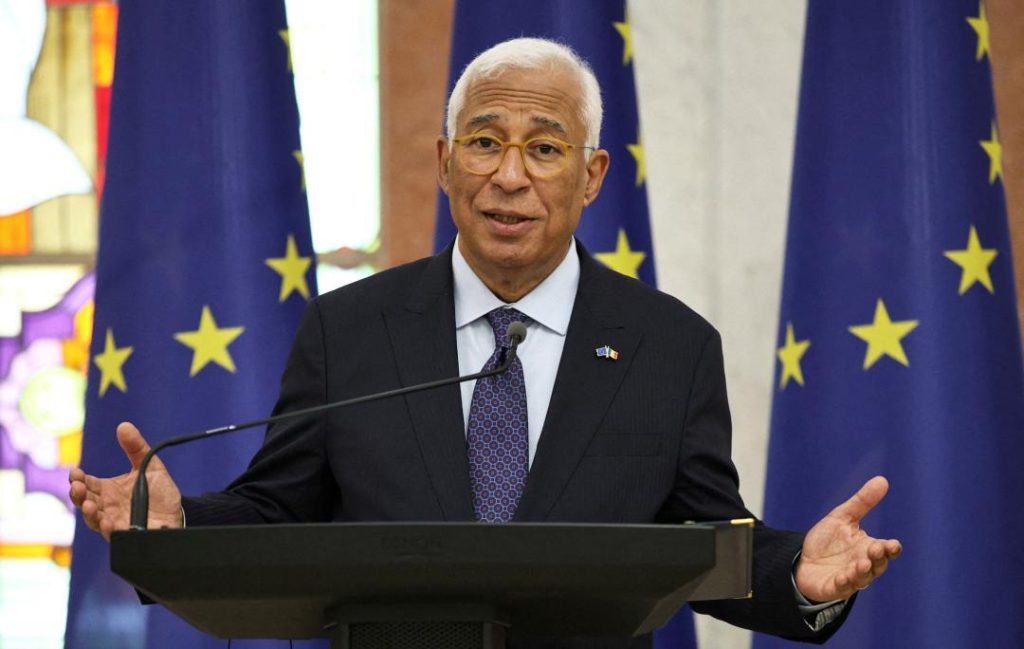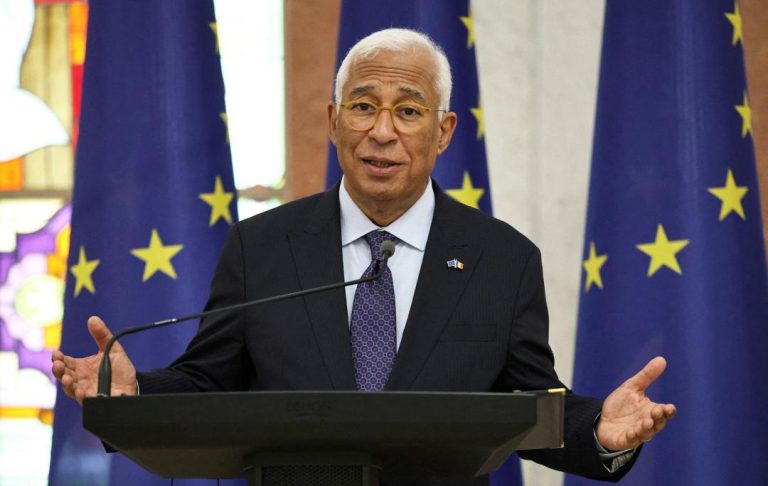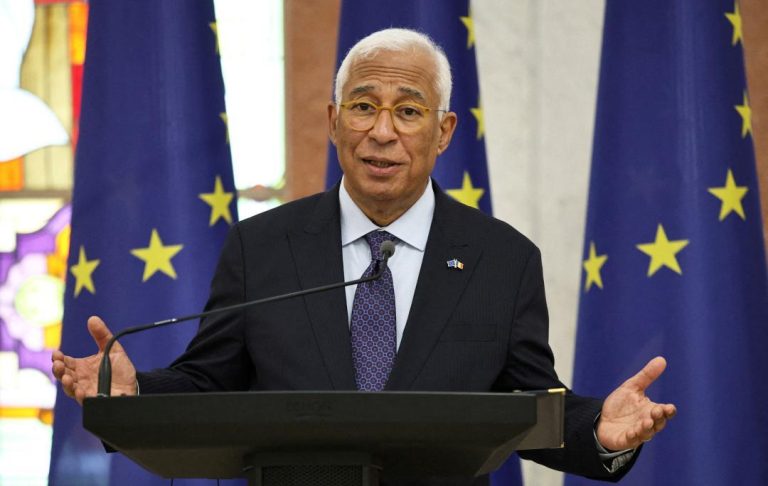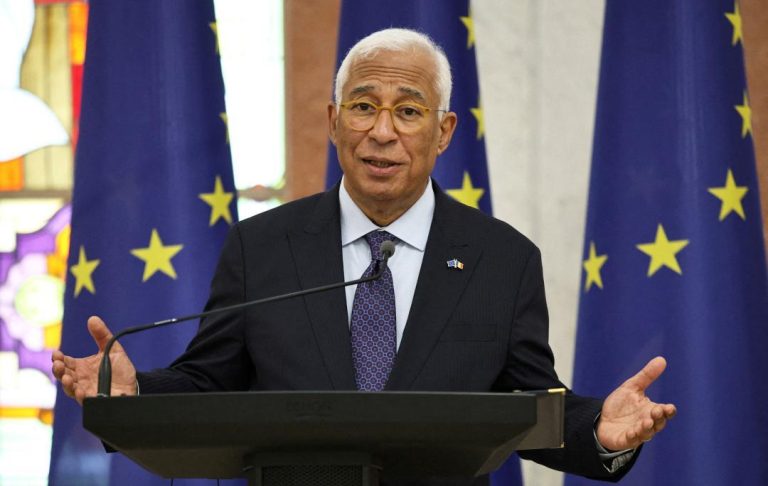
No Indications Spain, Portugal Blackout a Cyberattack: EU’s Costa
A massive power outage has struck Spain and Portugal, leaving millions without electricity, but according to EU Council President Antonio Costa, there are “no indications of any cyberattack at this point.” The blackout has sparked concerns about the potential causes of the outage, with many wondering whether a cyberattack could be responsible.
As of now, the exact cause of the power outage remains unknown, and grid operators in both countries are working to find the root cause and restore electricity supplies. In a statement, Costa emphasized his communication with Spanish President Pedro Sánchez and Portuguese Prime Minister Luís Montenegro, assuring that the EU is closely monitoring the situation.
The power outage occurred on [date], with reports of widespread blackouts affecting major cities, including Madrid, Lisbon, and Barcelona. The Spanish national grid operator, Red Eléctrica de España (REE), confirmed that the outage was a “grid-scale” event, affecting multiple regions and causing disruptions to daily life.
Portugal’s national grid operator, REN, also reported a widespread blackout, citing “unforeseen technical difficulties” as the reason. The Portuguese government has activated its emergency response plan to coordinate efforts to restore power and provide support to those affected.
The EU’s Costa expressed his solidarity with the people of Spain and Portugal, stating that the EU is fully committed to supporting its member states in times of need. He emphasized the importance of cooperation and information sharing between the affected countries and the EU to identify the cause of the outage and prevent similar incidents in the future.
This is not the first time that Spain and Portugal have experienced widespread power outages. In 2019, a similar blackout struck Spain, affecting over 5 million people, and was attributed to a combination of technical issues and human error.
The possibility of a cyberattack causing the power outage has been raised by some experts, but Costa’s statement suggests that there is currently no evidence to support this theory. Cyberattacks on critical infrastructure have become increasingly common in recent years, with many high-profile incidents reported globally.
In 2019, a cyberattack on Ukraine’s power grid left hundreds of thousands without electricity, and in 2020, a similar attack on a US-based energy company caused widespread disruptions to its operations. These incidents highlight the growing threat posed by cyberattacks on critical infrastructure and the need for enhanced security measures to prevent such attacks.
While the cause of the power outage in Spain and Portugal remains unknown, it is clear that the EU is taking the situation seriously and is working closely with the affected countries to identify the root cause and prevent similar incidents in the future.
As the investigation continues, it is essential for authorities to prioritize transparency and communication to ensure that the public is kept informed about the situation. The EU’s Costa has assured that the EU will continue to provide support and assistance to Spain and Portugal, and it is hoped that the cause of the power outage will be identified soon, allowing for swift action to be taken to prevent future incidents.
Source:
https://x.com/eucopresident/status/1916859055546544517






